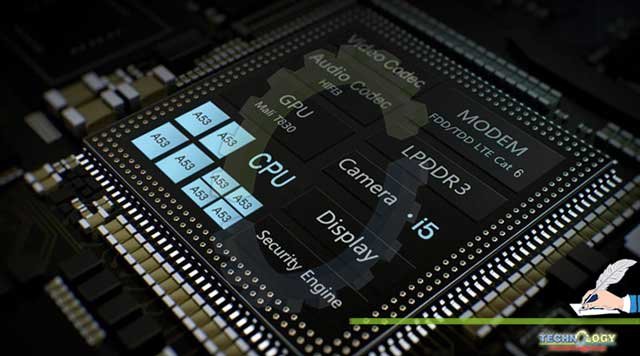Qualcomm will soon replace its current flagship Snapdragon 888 and it has collaborated with Samsung to do so.

By Sayyed Shehzer Abbas
The Snapdragon 895 is supposed to be a replacement to the current flagship chip, the Snapdragon 888. The following in-line flagship chip was already rumoring in a few reports and most recent reports claim that the Snapdragon 895 is already being tested half a year early.
The news comes from mainstream insider Digital Chat Station who asserts that Qualcomm has effectively begun testing the Snapdragon 895 with different cell phone accomplices. Likewise known by the model number SM8450, the chip is required to be slightly faster than the Snapdragon 888, however genuine outcomes will show up a lot later.
The Snapdragon 895 will be based on the Qualcomm’s new ArmV9 design alongside the chipmaker’s best in class 5G modem called the Snapdragon X65. The same modem will be coordinated into the SoC as well, so we can hope to see more efficient system.
Another report guarantees that this chip will be founded on Samsung’s 4nm node and not on TSMC’s. This is on the grounds that TSMC is as of now working at full ability to convey 4nm chips to Apple and does not have space for Qualcomm. Fortunately, Samsung has those assets accessible, yet none of this has been affirmed up until now. Qualcomm has been dual sourcing with both the Samsung and TSMC depending on the SoC design. Qualcomm introduced its Snapdragon 855 and Snapdragon 865 with TSMC. And after that Qualcomm is totally been relying on the Samsung nodes for its flagship chipsets.
The insider has not shared a potential dispatch date for the Snapdragon 895, however since it as a rule occurs before the year’s over, we can expect the flagship chip to arrive in December.
During the Covid-19 pandemic, the world was hit hard with chip shortage. The factories were closed down and less production was observed. The global chip shortage was also observed in cars too. This situation is hard to overcome as no manufacturing company can halt its operations.
Nonetheless, given the continuous worldwide chip supply shortage, delays can be expected.